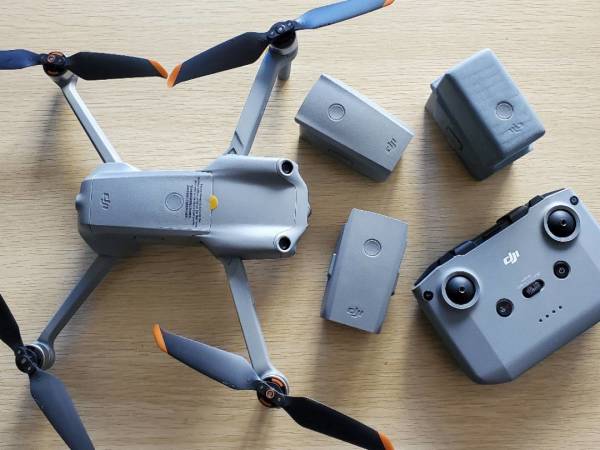Understanding Drone Technology
Drone technology has advanced significantly over the last decade, offering applications beyond recreational use. From aerial photography and surveillance to emergency response and agricultural monitoring, drones are revolutionizing industries globally. As a result, the demand for skilled professionals is skyrocketing.
Numerous sectors have integrated drones, creating lucrative opportunities for employment. The civilian and commercial uses are expanding, touching areas like infrastructure inspection, wildlife conservation, and delivery services. With the ability to access and analyze aerial data, companies can make informed decisions more efficiently.
Career Paths in the Drone Industry
The drone industry offers a wide range of career paths for enthusiasts. Aspiring drone pilots can pursue specialized training and certification courses to qualify for operating drones commercially. With a growing demand for aerial photographers and videographers, creative professionals can harness their skills to capture stunning visuals for industries such as real estate, film production, and tourism.
Earning Potential and Job Growth
Drone employment is not only diverse but promises significant earning potential. Skilled drone pilots can earn competitive salaries depending on experience, location, and the complexity of operations they manage. On average, salaries can range from $50,000 to $100,000 or more annually. Engineers and data analysts often command higher wages due to the technical proficiency required.
Network and Skill Development
Breaking into the drone industry requires a combination of technical skills, networking, and staying updated with industry trends. Prospective drone professionals should focus on continuous learning, enrolled in certification programs, and participate in industry conferences and forums where they can connect with experts and peers. Building a portfolio showcasing your skills and projects can set you apart from other candidates.
Future of Drone Employment
With the integration of artificial intelligence and machine learning, the drone industry is poised for exponential growth. Emerging technologies will unlock new applications, further increasing demand for capable professionals to push the boundaries of what drones can achieve. As regulations evolve to accommodate advancements, new policies will shape the future employment landscape.
FAQs
What qualifications are required for drone piloting?
To become a certified drone pilot, you need to complete training courses accredited by aviation authorities and pass exams demonstrating your knowledge and proficiency in operating drones safely.
Is there a demand for drone engineers?
Yes, drone engineers are in high demand as they design resilient drones and develop software essential for various applications. They help ensure drones meet industry-specific requirements and comply with regulatory standards.
